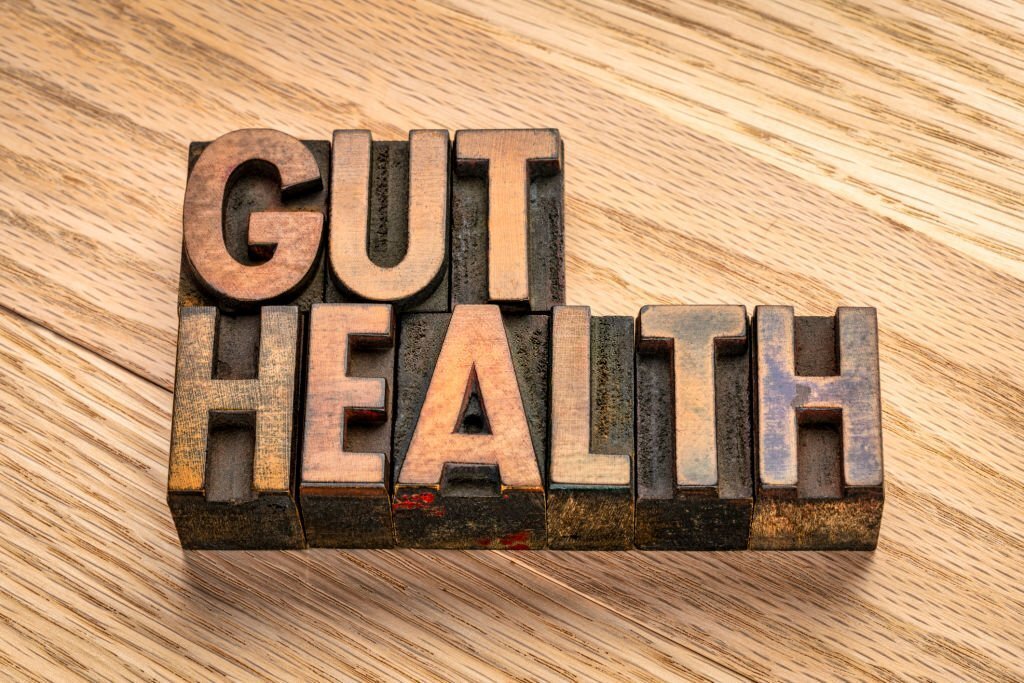Published Date January 24, 2003
Cheese: Secrets and Health Implications
By Naurin Ansari
3 min read
Last update date: January 24, 2003

Cheese, with its diverse flavours and textures, has been enjoyed by people around the world for centuries. From creamy Brie to tangy Cheddar, cheese offers a variety of options to please every palate. But beyond its delicious taste, there are questions about its health benefits and how much is too much.
In this blog, we will delve into the fascinating world of cheese, exploring what it is, its potential health implications, and guidelines for moderation. Let's embark on this cheesy journey together!
What is Cheese?
Cheese is a beloved dairy product that comes in many flavours, textures, and forms. It is created by coagulating a milk protein called casein, found in the milk of buffalo, cows, sheep, and goats.
The cheese-making process involves acidifying the milk and introducing enzymes like rennet or bacterial enzymes to coagulate the casein. The resulting solid curds are separated from the liquid whey and pressed into cheese slabs.
Some cheesemakers enhance the cheese's taste and aroma by adding additional flavours during the pressing stage. This process, combined with the addition of various ingredients, yields the wide array of cheeses we enjoy today.
Each cheese boasts its unique qualities, influenced by factors such as the milk source, production method, and ageing technique.[1]
Is Cheese Healthy?
Is cheese a healthy food choice? This question has stirred much debate among health enthusiasts. On one hand, cheese offers some potential health benefits. It has been suggested that cheese consumption may help prevent dental cavities, as it contains substances that promote dental health.
Additionally, cheese is known to be beneficial for bone health due to its calcium content, which is essential for strong teeth and bones. However, it's important to consume cheese in moderation as it can contribute to weight gain if consumed in excessive amounts.
Cheese is considered an energy-dense food, meaning it contains a high number of calories per gram. The majority of these calories come from fat, particularly saturated fat, which should be consumed in limited quantities to maintain heart health. Furthermore, cheese lacks fibre, which can make you feel less satisfied and lead to overeating.
That said, cheese does offer some nutritional advantages. Many types of cheese are excellent sources of vitamin B12, a nutrient essential for nerve function and the production of red blood cells. Swiss cheese, for instance, boasts a high B12 content, providing around 39% of the recommended daily intake in just one ounce.
Even cheeses with lower B12 levels, such as cheddar and Monterey, can still contribute to meeting your daily requirements. When incorporating cheese into your diet, it's crucial to consider portion sizes and select wisely.
Opting for varieties made from raw milk or fermented with beneficial bacteria can provide probiotics that support a healthy gut. It's also essential to balance cheese consumption with a range of other nutrient-rich foods to ensure a well-rounded diet.[3][4]
How Much is Too Much Cheese?
Consuming large quantities of cheese regularly can lead to weight gain due to its high fat content. People with lactose intolerance should be cautious as cheese contains lactose, which can cause digestive issues.
Additionally, cheese is high in sodium, which is important for maintaining water balance but excessive intake can lead to health problems like high blood pressure and kidney diseases.
The American Heart Association suggests consuming no more than three servings of cheese daily, each serving limited to 42 grams. Moderation is key when enjoying cheese, and itlimiting saturated fat intake to less than 10% of total calories is recommended[5]
Takeaway
In summary, cheese offers a delightful culinary experience, but understanding its potential health implications is essential. While cheese provides valuable nutrients, it is important to consume it in moderation, considering its saturated fat and sodium content.
Incorporating cheese into a well-balanced diet and being mindful of portion sizes can be enjoyed as part of a healthy lifestyle. So savour that cheese, and embrace the cheesy joy in moderation!
References
- https://www.usdairy.com/news-articles/what-is-cheese
- https://en.wikipedia.org/wiki/Cheese
- https://livelyrun.com/from-the-farmer/15-health-benefits-cheese/
- https://nutritionofpower.com/nutrition/can-eating-cheese-cause-putting-on-weight/
- https://www.healthshots.com/healthy-eating/nutrition/here-are-4-things-that-happen-when-you-eat-too-much-cheese/
Keep reading

Gluten and your health
All about calcium, iron and gluten.
By Arpita Sudev

Caffeine and Health: Navigating Sensitivity and Intolerance
It's also worth mentioning that as people age, their ability to metabolize caffeine slows down, so it may take longer for caffeine to be eliminated from the body and its effects can last longer.
By Naurin Ansari

Health Supplements
A health supplement is a compact form of nutrition you take when the nutrition from food itself cannot suffice the body's needs.
By Hetvi Shah

Gut Health Traffic
Your body has more bacterial cells than human cells, living in your gut and in your body. There are about 1000 different ...
By Hetvi Shah
Choose Healthy With Us.
Know the real truth about your food. Stay informed and healthy, for free.

Download the App Now
Certified nutritionists trust our food recommendations. Safe to say, so can you :)










